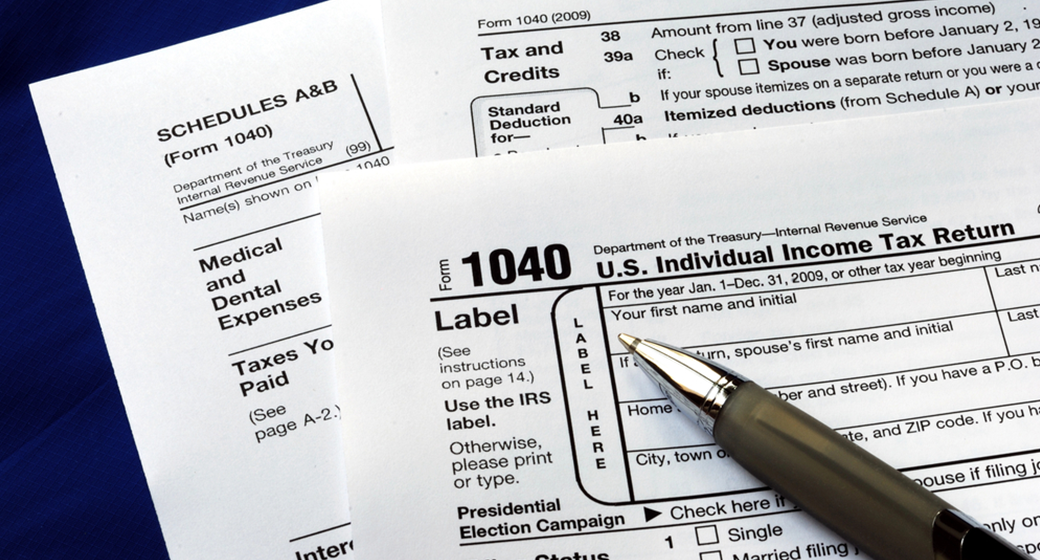
-
Posted By Sirmabekian
-
2024
-
0 Comments
Pre-tax deductions are a beneficial aspect of employee compensation packages, reducing taxable income and increasing take-home pay. However, understanding the limitations on pre-tax deductions is crucial to maximize these benefits without facing unexpected tax implications. Sirmabekian Law Firm is dedicated to providing clear, authoritative guidance on these complex legal matters, helping employees and employers navigate the intricacies of employment law.
Overview of Pre-Tax Deductions
Pre-tax deductions reduce the portion of your income that is subject to federal income and payroll taxes. Typical examples include contributions to retirement plans such as 401(k)s, premiums for health insurance, and contributions to flexible spending accounts (FSAs). Although these deductions provide substantial financial advantages, they are regulated by stringent IRS rules and limitations that require meticulous management.
Common Limitations on Pre-Tax Deductions
- Contribution Caps
The IRS sets annual limits on how much employees can contribute to various pre-tax accounts. For example, in 2023, the maximum contribution to a 401(k)-retirement plan is $22,500, with an additional catch-up contribution of $7,500 allowed for those over 50. Similar caps apply to FSAs and health savings accounts (HSAs), which can significantly affect your tax planning strategies.
- Eligibility Requirements
Certain pre-tax benefits, such as dependent care FSAs or commuter benefits, have specific eligibility criteria. For instance, dependent care FSAs require that expenses be associated with the care of a qualifying dependent, such as a child under 13 or a disabled spouse. Understanding these requirements is crucial to avoid noncompliance, which can lead to tax penalties.
- Highly Compensated Employees (HCEs)
Restrictions are also placed on highly compensated employees to prevent them from receiving a disproportionate benefit compared to other employees. These limitations are designed to ensure that pre-tax benefit plans comply with non-discrimination laws, a complex area often navigated with the help of a discrimination lawyer.
Implications for Employers
Employers offering pre-tax deduction options must adhere strictly to IRS guidelines and ensure that their plans are compliant. This includes maintaining proper documentation and providing employees with clear information about the benefits and limitations of their pre-tax deduction options. Failure to comply can result in financial penalties and litigation, potentially requiring the intervention of a class action lawyer.
Legal Challenges and Solutions
At Sirmabekian Law Firm, we assist clients who face disputes related to the improper handling of pre-tax deductions. Whether it involves issues of unpaid wages due to miscalculated pre-tax contributions, or disputes over eligibility and contribution limits, our legal team is equipped to provide effective solutions. Additionally, in cases where an employer’s actions might constitute a wrongful employment practice, consulting with a wrongful termination lawyer may be necessary.
Ensuring Compliance and Maximizing Benefits
For employees, understanding the limitations on pre-tax deductions is vital for effective financial and tax planning. For employers, ensuring that deduction policies are compliant with federal laws is crucial for maintaining a lawful and functional workplace. Sirmabekian Law Firm recommends regular reviews of benefit plans with legal counsel to ensure all practices are up-to-date and in full compliance with applicable laws.
Navigating the limitations on pre-tax deductions requires a thorough understanding of the laws and regulations that govern these benefits. Whether you are an employee seeking to maximize your tax savings or an employer aiming to offer competitive yet compliant benefit packages, Sirmabekian Law Firm is here to provide the necessary legal support and guidance.
 English
English Spanish
Spanish